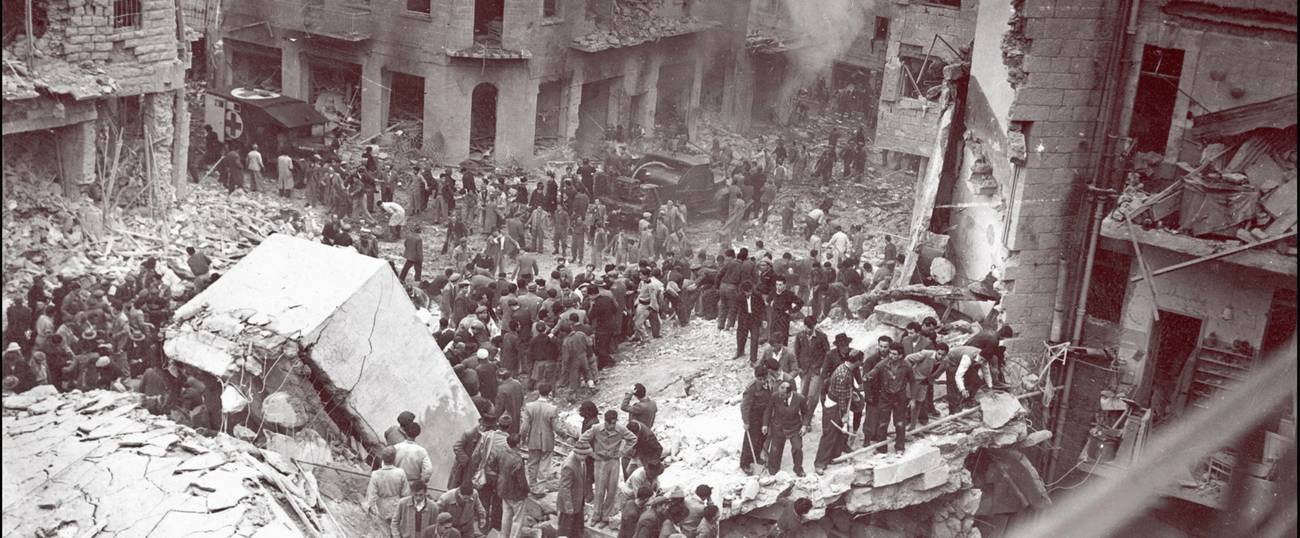Historic Letter Details Perils of Life in Jerusalem’s Jewish Quarter in 1948
In 1948, Yitzchak Avigdor Orenstein, the Western Wall’s first rabbi, wrote a cry for help to then Chief Rabbi Yitzhak Herzog




My grandmother grew up in the Old City of Jerusalem. When she was in her late teens, the Old City grew increasingly riskier. British soldiers, Jordan legionnaires, and other malicious parties all had guns and reasons to use them. Eventually, my grandmother fled to safety. Her stories of that period are harrowing, but they’re the recollections of an elderly woman thinking back to her youth. Thanks to a recently discovered set of three letters from besieged Jerusalem, we can now relive the terrors of life in the Jewish Quarter of the Old City in 1948, as recorded by its residents in real time.
“The residents of the Old City are in real mortal danger,” reads one letter, written by Yitzchak Avigdor Orenstein, the Western Wall’s first rabbi. “These last few nights, British soldiers were bombing the Jewish Quarters, violating the sanctity of the synagogue.” Addressed to then Chief Rabbi Yitzhak Herzog, the letter is a cry for help: “Have mercy on the men, women, and children, and take drastic measures where needed so that we don’t perish, God forbid.”
Sadly, Orenstein’s prayers were not answered. On May 23, 1948, three months after writing his letter, he and his wife were killed when the Jewish Quarter was again shelled. It was an end he’d foreseen. When asked by friends shortly before his death why he chose to remain in his home near the Kotel despite the peril, he replied that “if someone is destined to sacrifice himself for the sake of the sanctity of ancient Jerusalem and its holy sites, I am hereby committed to do so more than anyone else.” The newly discovered letter captures Orensteins’s spirit, and the remarkable resilience of those brave Jews who clung to their homes to the very end.
Related: How Israel’s Military Success Erased the History of the Diaspora’s Jewish Warriors
Israel: The Original Terrorist State
Liel Leibovitz is editor-at-large for Tablet Magazine and a host of its weekly culture podcast Unorthodox and daily Talmud podcast Take One. He is the editor of Zionism: The Tablet Guide.